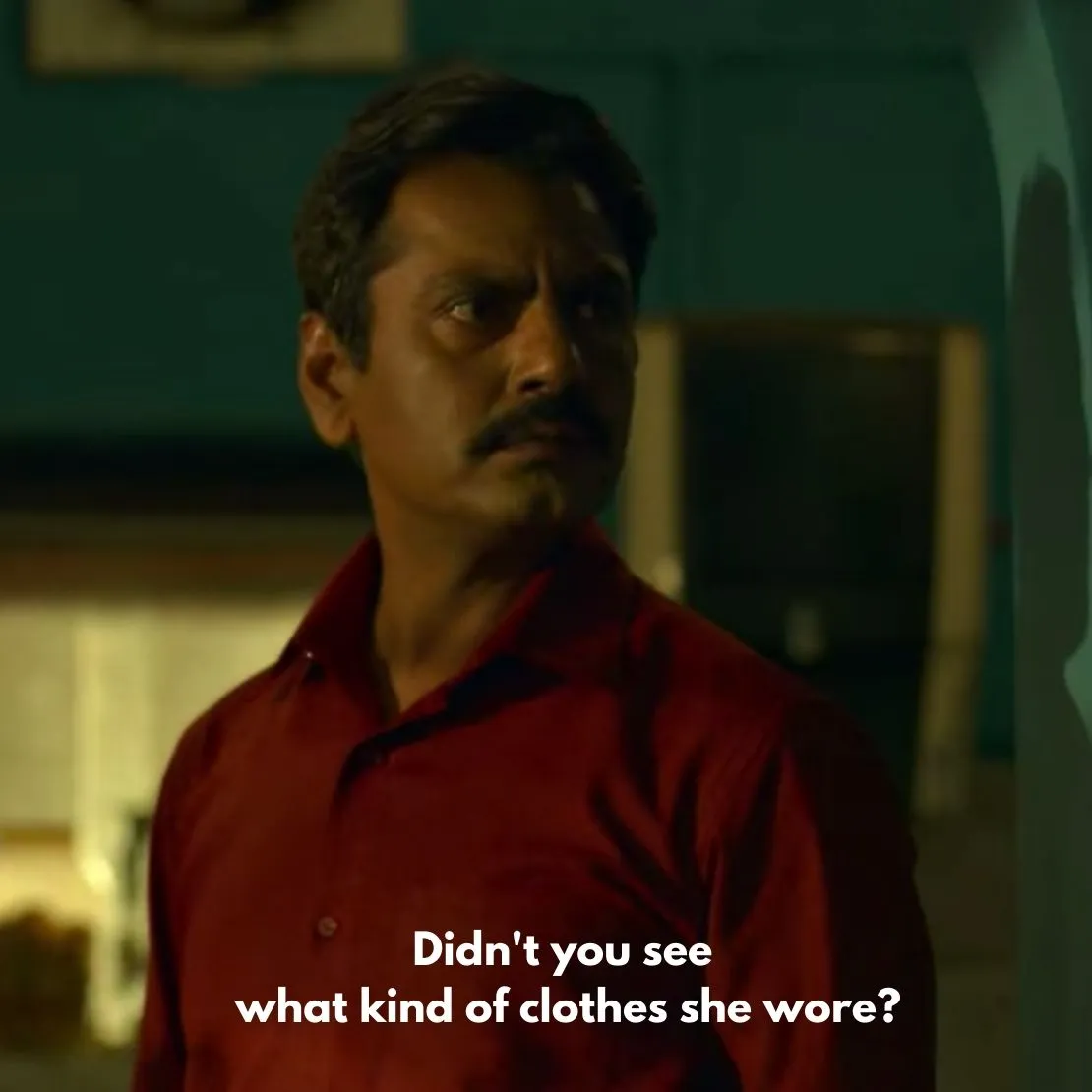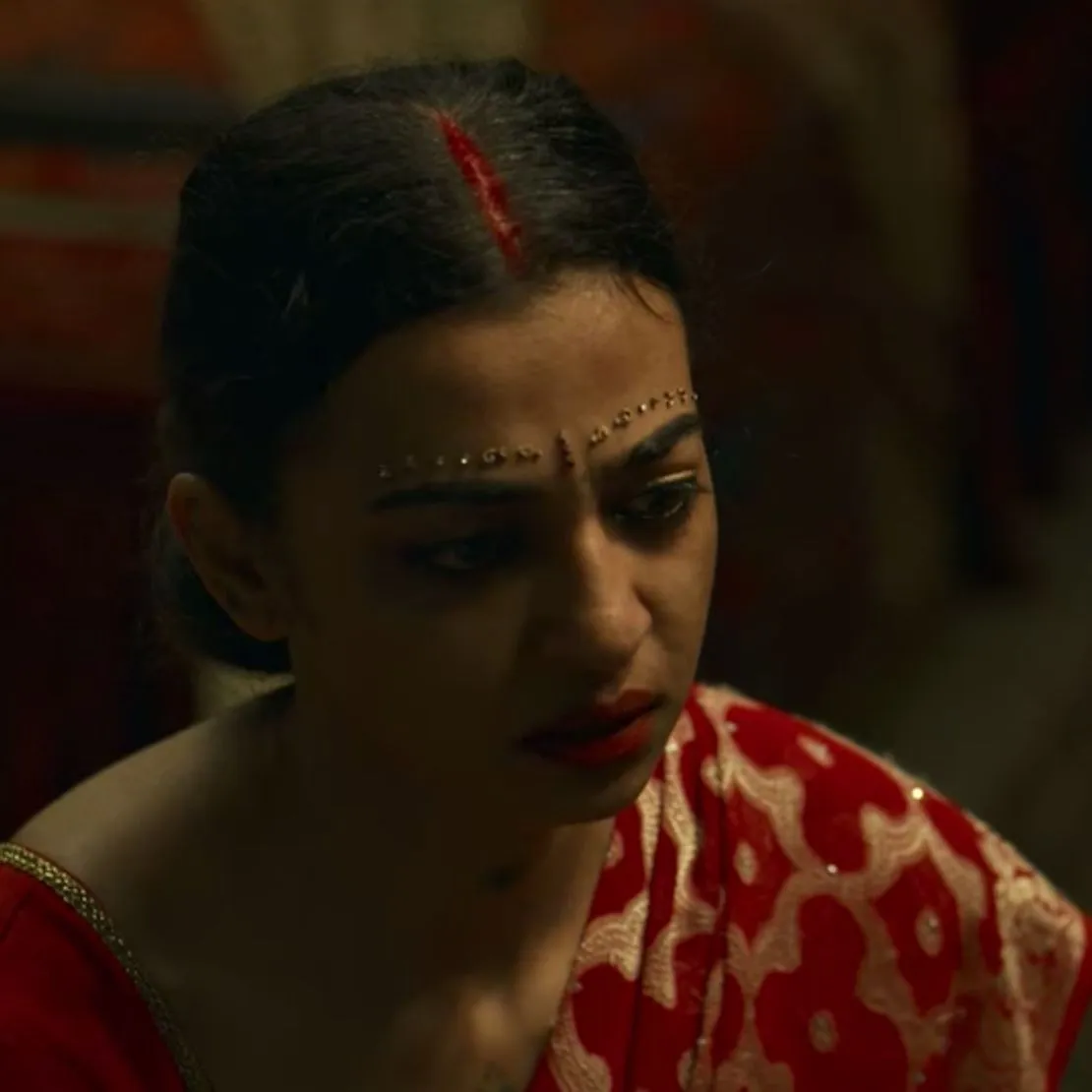Unsettling murder thriller is more than just a murder
Trigger warning: Mentions of Sexual Assault | Spoilers ahead.
Netflix India’s King & Queen, Nawazuddin Siddiqui and Radhika Apte, are back on screen with a classic murder-thriller, Raat Akeli Hai (Alone in the Night). Both had starred together in Netflix India's first ever original series, Sacred Games.
A two-hour film with a stellar female cast including Shweta Tripathi, Shivani Raghuvanshi and Ila Arun makes for a gripping storyline.
The film revolves around a rich family of landlords in Uttar Pradesh. The patriarch, Raghubeer Singh, is found mysteriously murdered on the night of his wedding to a much younger woman and his mistress Radha, played by Radhika Apte.
Nawazuddin Siddiqui plays Inspector Jatil Yadav as the cop assigned to solve the case. A dark-skinned middle-aged man, he lives alone with his mother who shows his photograph to unmarried girls so she can set him up. He usually gets rejected for his dark skin and secretly applies Fair & Lovely. This is an interesting touch – specially on the heels of Fair & Lovely dropping the word “fair” from its name in the light of Black Lives Matter movement.
Jatil Yadav’s sexism is evident from the get-go. Annoyed at his mother for showing his photograph to a girl who is not “traditionally” dressed at a wedding, he says, “Didn’t you see what kind of clothes she wore? (I want a) well behaved and decent looking girl. I am not asking for much.”

It is, hence, fascinating to see him fall for Radha who doesn’t enjoy the reputation of being a “well behaved” girl. She is disrespected for being the patriarch’s mistress and also having an affair with his nephew. Radha is shown to hail from a lower socio-economic background with a painful story of being sold by her own father.
She is the prime suspect for Raghubeer’s murder. She is neither scared to defend herself nor afraid of speaking the truth when needed. Her life choices revolve around her chase for a better life where she is respected and loved.
We reach the climax of the film through Radha’s flashbacks along with Jatil Yadav’s calculations and learn the patriarch’s murder has disturbing reasons behind it. Turns out, his constant abuse of his own minor niece Vasudha, played by Shivani Raghuvanshi, makes for his killing by Vasudha herself.
This particular action reminds me of our review of Netflix’s recent film, Bulbbul. In Bulbbul, a woman who has been abused by the patriarchy takes matters into her own hands and becomes the very witch the society thinks she is and kills men who sexually assault women.

This feminist narrative that finds itself deeply rooted in anger and pain is not only satisfying to watch – but the way its shot and written is also a surprising treat on TV.
While Bulbbul decided to engage in scenes that showed graphic details of an assault, Raat Akeli Hai refrains from it and plays those details sans distress. I particularly like this form of filming because it is respectful to survivors who might be watching the film and understands that societal evils like rape can be talked about without dipping our toes into making it a triggering scene to sit through.
Raat Akeli Hai is a directorial debut by Honey Trehan and it is an impressive attempt. Well shot and written, it is a film that makes you think. Not just about who the murderer might be - but also about whether murder counts as a crime when it is committed for seeking justice and not just taking revenge.
The last scene shows Inspector Jatil Yadav throwing his Fair & Lovely cream into the bin and with Radha on a train to someplace they both are potentially going to start new lives. To me, his acceptance of his skin color might have an underlying link to how Radha isn’t light either. He seems to have evolved from a sexist man into a character who has had a change of mindset after learning about the family’s horrible past and attitudes towards women.
Watch Raat Akeli Hai on Netflix for a binge-able cop film not shy of politics around gender, colorism and wealth.